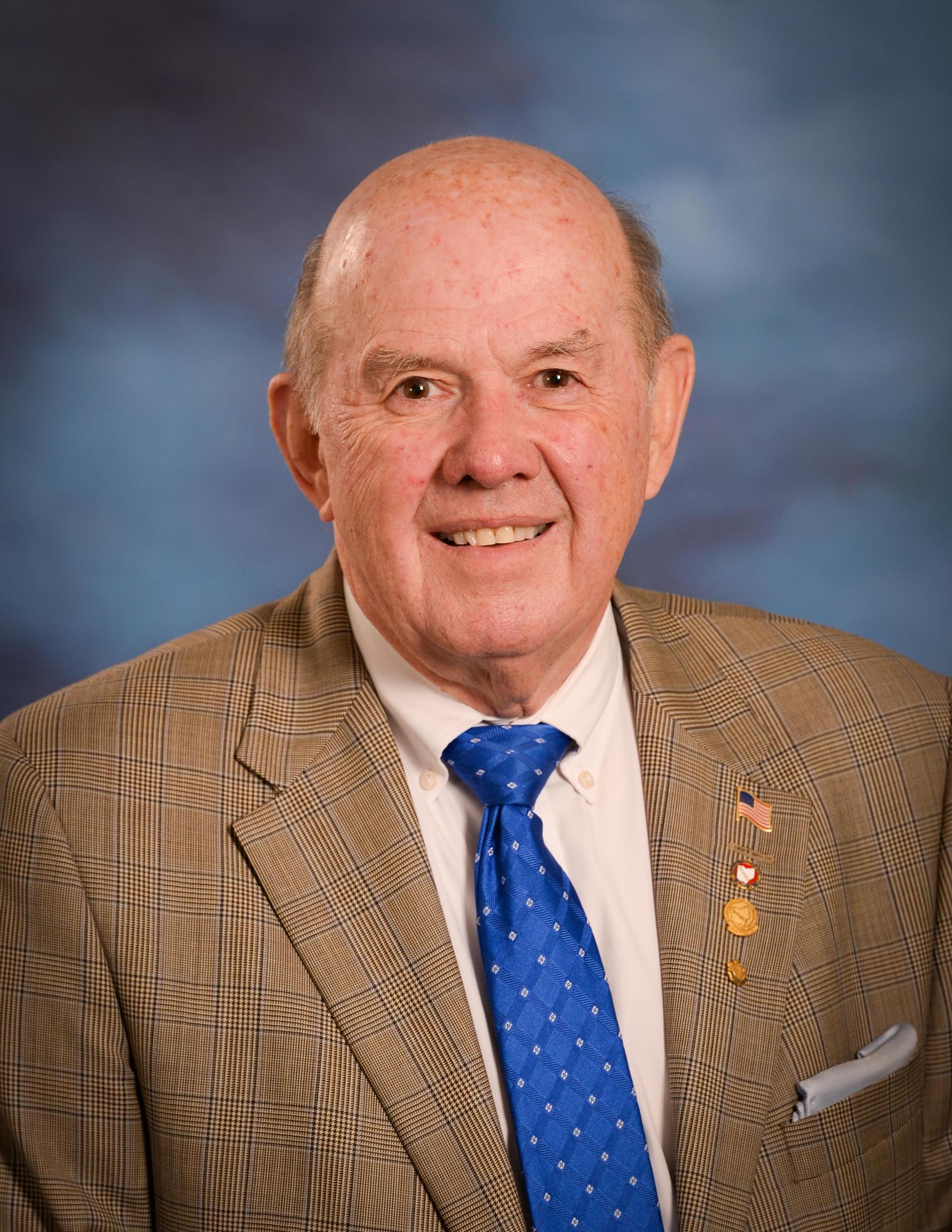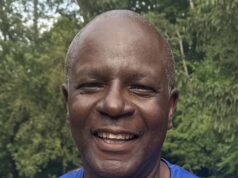Windham – Tenth graders in Mrs. Tamara Brown’s classes just finished a series on the Holocaust, so she had made arrangements to have a Holocaust survivor speak to her class on his life in the concentration camps in the late 1930’s and early 1940’s. On Tuesday, May 15th the class welcomed Holocaust Survivor Leo Silberman from Cleveland, Ohio.
Mr. Silberman is 87 years old and the father of three children, grandfather of six. He was originally from Rymanow, Poland and spent seven years of his life in forced work camps during WWII.
Silberman tell of his journey from “Hell, to being Liberated.” Silberman was 14 years old living in Poland with his parents, two brothers and two sisters before Germany invaded and occupied Poland. At that time all the Jews were forced to wear a Star of David Arm Band to identify them as Jews. During that time, Jews were restricted in owning property and businesses and could only travel a mile from their homes. Non-Jews were very loyal to Hitler’s regime and would report those who did not follow Hitler’s laws. Many times, when Silberman was just a lad, he would remove his armband and ride his bike to the area farms to purchase potatoes and bread for his family to eat. He, being blond-haired and green-eyed was able to deceive the area farmers into thinking he was not of Jewish descent. He told how his biggest fear was the neighbors reporting him for deceiving the farmers into selling him food; he knew if he was reported he would be killed.
The day came, when the army rounded up all the Jewish people, divided them by age and gender, sending some to forced labor camps and others to their deaths. This was the last time Silberman saw his family (he was only 14 years old).
Silberman was sent to the work camp, Plazow, which was actually a Jewish cemetery. While there, he was responsible for making roads out of the tomb stones in the cemetery. He described how he witnessed the senseless brutality of the Nazis firsthand. A commandant, who lived near where they were working, would come out on the balcony every morning and target shoot, using the laborers for target practice as they worked. He also witnessed fellow laborers being killed simply for having red hair; workers were shot on the spot for spilling a pot of soup or dropping a railroad tie too close to a guard. He said when they were taken anywhere to work, they were required to march and if someone fell while marching no one was allowed to help them up or go around them, others simply had to march right over them.
Another one of the jobs Silberman had while in the work camps was to clear all the debris and rubble from the latest bombings in town. Many times, they would be in town and the air raid sirens would go off. The soldiers in charge of them would run for shelter leaving the laborers behind. The students asked, “Why didn’t you escape when you were left unattended?” Silberman said, “Where would we go?” They were surrounded by Nazis or Nazi loyalist and there really wasn’t anywhere to go. Although, he did admit that prisoners would go into the villagers’ homes while they were in their bomb shelters and steal food to eat. Silberman went on to explain how little food they were given and it was only offered after a day’s work. At a typical meal one would receive one piece of bread and a bowl watered-down soup a day.
After spending five years in Plazow, he was moved to Buchenwald. He was only at Buechenwald a short time as the Allied Forces were approaching the area. Soon the Allies came and liberated the Jews. Silberman was then sent to a displaced persons camp in Germany. He was unwilling to go back to Poland, since he no longer had any family there, so he sought sponsorship to the United States from a small Jewish community in Iowa. In 1949, Leo sailed to America and settled in Council Bluffs, Iowa where his sponsor was. He worked his first job stocking grocery shelves and took a second job working night shift in a factory. In 1951 Leo relocated to Cleveland to be reunited with his love Paula, who he met in the displaced persons camp years before. They married and had three children together, six grandchildren and one great grandchild.
Leo currently resides in Cleveland, Oh and is president of Kol Israel Foundation, which is a foundation for holocaust survivors in Cleveland. Silberman continues to share his story to area high school and junior high school students because he doesn’t want anyone to forget this important part of history.
After Mr. Silberman shared his story, he spent a good bit of time interacting with the students. He answered questions, had numerous photos taken and chatted with them about everything. Even though he is from a different generation, he was able to bridge that gap and spend some informal, quality time with the class.
















